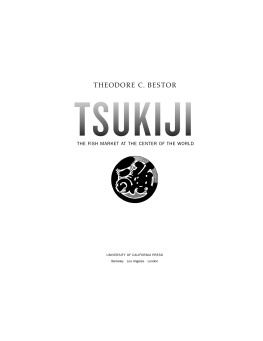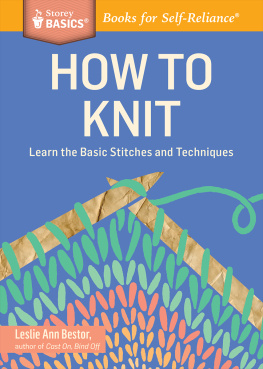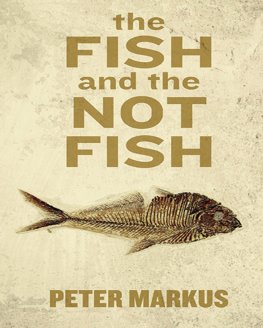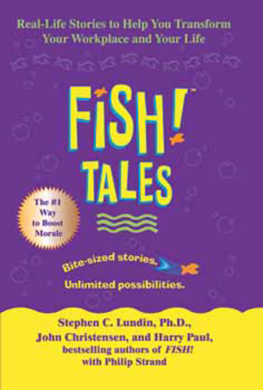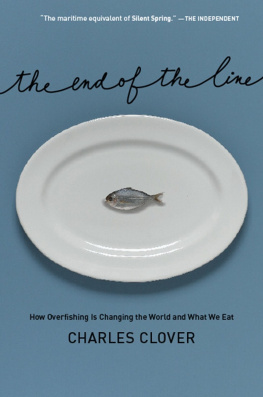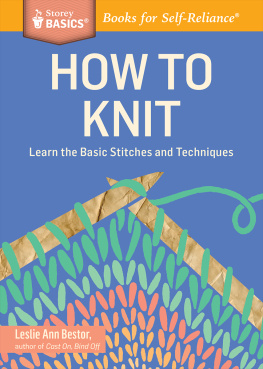Bestor - Tsukiji: the fish market at the center of the world
Here you can read online Bestor - Tsukiji: the fish market at the center of the world full text of the book (entire story) in english for free. Download pdf and epub, get meaning, cover and reviews about this ebook. City: Berkeley, year: 2008, publisher: University of California Press, genre: Politics. Description of the work, (preface) as well as reviews are available. Best literature library LitArk.com created for fans of good reading and offers a wide selection of genres:
Romance novel
Science fiction
Adventure
Detective
Science
History
Home and family
Prose
Art
Politics
Computer
Non-fiction
Religion
Business
Children
Humor
Choose a favorite category and find really read worthwhile books. Enjoy immersion in the world of imagination, feel the emotions of the characters or learn something new for yourself, make an fascinating discovery.
- Book:Tsukiji: the fish market at the center of the world
- Author:
- Publisher:University of California Press
- Genre:
- Year:2008
- City:Berkeley
- Rating:4 / 5
- Favourites:Add to favourites
- Your mark:
- 80
- 1
- 2
- 3
- 4
- 5
Tsukiji: the fish market at the center of the world: summary, description and annotation
We offer to read an annotation, description, summary or preface (depends on what the author of the book "Tsukiji: the fish market at the center of the world" wrote himself). If you haven't found the necessary information about the book — write in the comments, we will try to find it.
Bestor: author's other books
Who wrote Tsukiji: the fish market at the center of the world? Find out the surname, the name of the author of the book and a list of all author's works by series.
Tsukiji: the fish market at the center of the world — read online for free the complete book (whole text) full work
Below is the text of the book, divided by pages. System saving the place of the last page read, allows you to conveniently read the book "Tsukiji: the fish market at the center of the world" online for free, without having to search again every time where you left off. Put a bookmark, and you can go to the page where you finished reading at any time.
Font size:
Interval:
Bookmark:

A

BOOK
The Philip E. Lilienthal imprint honors special books in commemoration of a man whose work at the University of California Press from 1954 to 1979 was marked by dedication to young authors and to high standards in the field of Asian Studies. Friends, family, authors, and foundations have together endowed the Lilienthal Fund, which enables the Press to publish under this imprint selected books in a way that reflects the taste and judgment of a great and beloved editor.
The publisher gratefully acknowledges the generous contribution to this book provided by the Philip E. Lilienthal Asian Studies Endowment Fund of the University of California Press Associates, which is supported by a major gift from Sally Lilienthal.


Darra Goldstein, Editor
THEODORE C. BESTOR


UNIVERSITY OF CALIFORNIA PRESS
University of California Press, one of the most distinguished university presses in the United States, enriches lives around the world by advancing scholarship in the humanities, social sciences, and natural sciences. Its activities are supported by the UC Press Foundation and by philanthropic contributions from individuals and institutions. For more information, visit www.ucpress.edu.
Half-title page: the Japanese inscription reads Tsukiji uogashi , the Tsukiji fish quay or fish market
Title page: the crest is Tsukijis uogashi logo
University of California Press
Berkeley and Los Angeles, California
University of California Press, Ltd.
London, England
2004 by the Regents of the University of California
Unless otherwise credited, all photographs were taken by the author, Theodore C. Bestor. Tky Uoichiba Oroshi Kyd Kumiai has kindly given permission for the reproduction of sketches from Mori Kazans Mori Kazan Gash: Nihonbashi Uogashi (1977), which appear in figures 26, 27, 48, 62, and 67.
Library of Congress Cataloging-in-Publication Data
Bestor, Theodore C.
Tsukiji : the fish market at the center of the world / Theodore C. Bestor.
p. cm. (California studies in food and culture ; 11)
Includes bibliographical references and index.
ISBN 0-520-22023-4 (cloth : alk. paper) ISBN 0-520-22024-2 (pbk. : alk. paper)
ISBN 978-0-520-22024-9 (paper) ISBN 978-0-520-92358-4 (eBook)
1. Tky-to Ch Oroshiuri ShijHistory. 2. MarketsJapanTokyoHistory. 3. Seafood industryJapanTokyoHistory. 4. Tokyo (Japan)Social life and customs. I. Title. II. Series.
HF 5475. J 3 T 653 2004
381.4370952135dc222003022763
Manufactured in the United States of America
13 12 11 10 09 08 07 06 05 04
10 9 8 7 6 5 4 3 2 1
The paper used in this publication meets the minimum requirements of ANSI / NISO Z 39.481992 ( R 1997) (Permanence of Paper) .
For Vic,
for being here through the raw and the cooked
Economic theorists, like French chefs in regard to food, have developed stylized models whose ingredients are limited by some unwritten rules. Just as traditional French cooking does not use seaweed or raw fish, so neoclassical models do not make assumptions derived from psychology, anthropology, or sociology. I disagree with any rules that limit the nature of the ingredients in economic models.
George A. Akerlof, An Economic Theorists Book of Tales (1984)
During the boom years, books about Japanese markets became commonplace: market access, market secrets, market barriers. Then, market meltdowns.
Even in the wake of Japans sustained economic downturn since the early 1990sor perhaps especially in that wakethere is much to be learned from Japanese markets: about how Japanese economic life is organized, how markets are formed out of the cultural and social stuff of everyday life in this or any other society, how economic activity is embedded in social institutions.
This is another book about a Japanese market. I cover the waterfront, exploring currents of collusion, favoritism, and inefficiency; close relationships between trade cartels and government bureaucracies; patterns of insider trading; and asymmetrical flows of information around which keiretsu vertical combinesare organized. I describe trends in marketing and in the microdifferentiation of consumption as the prosperity of the past two generations has transformed the lifestyles of most urban Japanese. I examine the dynamics of employer paternalism, the management of consensus, and the cultural underpinnings of economic and social dynamism, from techniques that samurai used for managing market behavior to the twentieth-century expansion of Japanese trade overseas. And with Japanese political and economic systems now almost endlessly adrift amid scandal, self-doubt, and stagnation, I discuss how the economic success of the 1980s has given way to the economic recession and psychological depression of Japan after the Bubble.
But this market study does not herald lessons for foreign businesspeople to apply in their own organizations. I do not tout any twelve-step programs to success in ones dealings with Japanese trade partners. Nor is it a triumphal expos of why Japanese markets dont work, why Japanese economic success was short-lived, or why Japans economic miracle was a sham to begin with. No theory Z; no enigmas of power; no five rings; no free sushi.
Instead, this is an ethnography of trade and economic institutions as they are embedded in and shaped by the cultural and social currents of Japanese life, an ethnography of how economieshow marketsare themselves created by the production and circulation of cultural and social capital as well as of goods, services, and financial assets.
I focus on a market of singular scale and scope: Tsukiji, the worlds largest marketplace for fresh and frozen seafood, which supplies Tokyos sushi chefs and homemakers alike. Located in the middle of Tokyo, only a few blocks from the Ginza shopping district, the Tsukiji marketplace is a prominent landmark of the city, well known but little understood by most Tokyoites, and also a popular and fascinating destination for foreign tourists. It is a modern market with an enormous volume of traderoughly 544 billion ($4.7 billion) worth of seafood in 2001, about 2.3 million kilograms a dayand it is also a marketplace with a venerable history dating from the early seventeenth century. Tsukiji is closely attuned to the subtleties of Japanese food culture and to the representations of national cultural identity that cloak cuisine, but this is also the market that drives the global fishing industry, from sea urchin divers in Maine to shrimp farmers in Thailand, from Japanese long-liners in the Indian Ocean to Croatian tuna ranchers in the Adriatic.
Font size:
Interval:
Bookmark:
Similar books «Tsukiji: the fish market at the center of the world»
Look at similar books to Tsukiji: the fish market at the center of the world. We have selected literature similar in name and meaning in the hope of providing readers with more options to find new, interesting, not yet read works.
Discussion, reviews of the book Tsukiji: the fish market at the center of the world and just readers' own opinions. Leave your comments, write what you think about the work, its meaning or the main characters. Specify what exactly you liked and what you didn't like, and why you think so.

